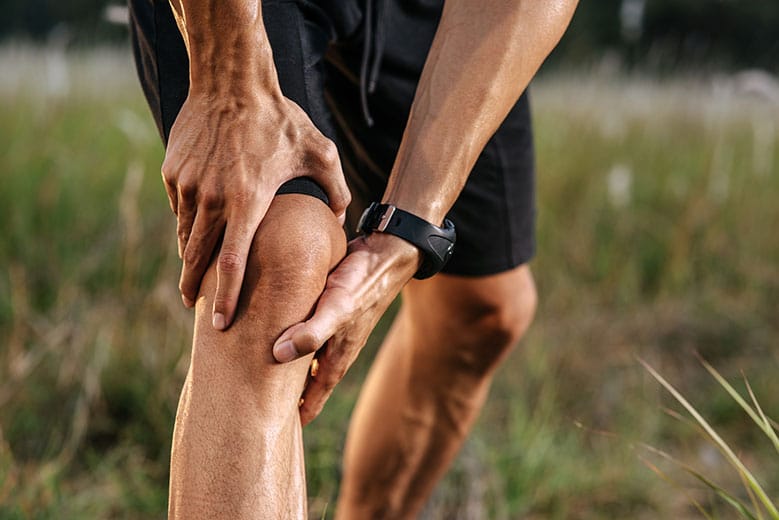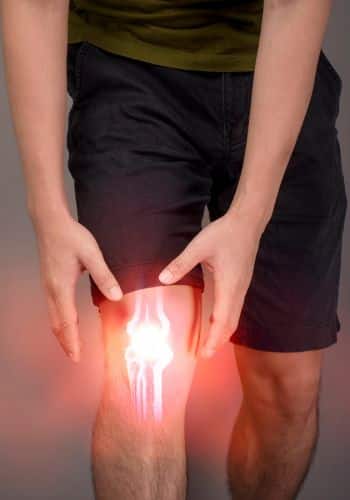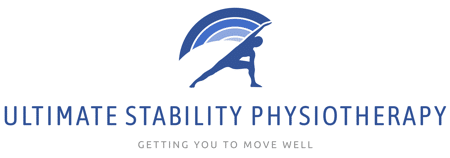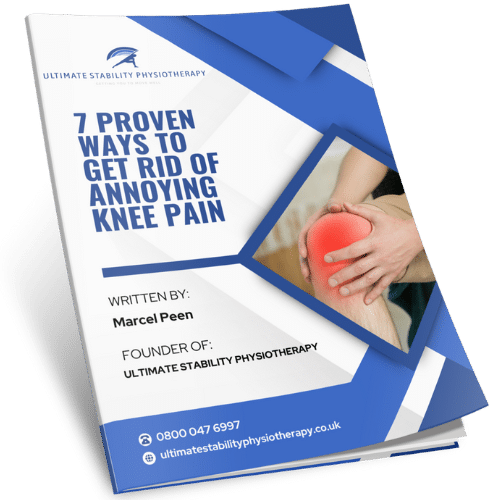How To Put an End To Knee Pain
Knee pain affects people of all ages, often caused by osteoarthritis, tendonitis, bursitis, ligament injuries, or meniscus tears. Symptoms include stiffness, swelling, weakness, and difficulty with movement, impacting daily life and mobility.
At Ultimate Stability Physiotherapy, treatment begins with a thorough assessment to identify the cause. A personalised plan may include joint mobilisation, muscle balance correction, deep tissue massage, neural stretching, and targeted exercises. This comprehensive approach not only relieves pain but also strengthens the knee for long-term recovery and prevention.
What Is Knee Pain?
Knee pain is a prevalent issue, affecting people of all ages from all different walks of life. One of the most common is osteoarthritis, a degenerative condition where the cartilage in the knee joint breaks down over time, leading to pain, stiffness, and reduced mobility. Patellar tendinitis, often seen in athletes, occurs when the tendon connecting the kneecap to the shinbone becomes inflamed due to overuse. Another frequent cause is bursitis, where the small fluid-filled sacs (bursae) that cushion the knee joint become inflamed, typically due to repetitive motion or injury.
Ligament injuries, such as tears to the anterior cruciate ligament (ACL), are common in sports and can cause intense pain, swelling, and instability. Meniscus tears, involving damage to the cartilage that acts as a cushion between the thigh bone and shin bone, can also lead to significant discomfort. Addressing the root cause with targeted treatments is crucial for managing knee pain and restoring function.
What are the symptoms of Knee Pain?
Knee pain can present itself as sharp or dull aches, stiffness, swelling, or a sensation of weakness or instability. Individuals may experience difficulty bending or straightening their knees, or feel discomfort when walking, climbing stairs, or standing for long periods. This pain can range from mild to severe and may worsen with activity or after periods of rest.
Knee pain can significantly impact daily life, limiting mobility and reducing quality of life. It can prevent individuals from engaging in physical activities like running, walking, or playing sports, and even simple tasks like getting in and out of a car, carrying groceries, or walking upstairs can become challenging. For those with manual jobs or hobbies, knee pain may lead to missed work or social activities, resulting in frustration, isolation
and a sense of loss of independence. Ultimately, untreated knee pain can affect both your personal and professional life therefore you must receive specialised care as soon as knee pain begins. Delaying treatment will only prolong your discomfort and make it more difficult to treat.
Request A Call Back from a physiotherapist
If you’re not quite ready to book an appointment yet and have some questions you would like answered first, click the link below to complete a form to get the conversation started.


What is our approach to fixing Knee Pain?
To successfully treat knee pain at Ultimate Stability Physiotherapy, we employ a comprehensive approach. The treatment plan typically begins with a thorough assessment to identify the specific causes of knee pain. Based on this evaluation, a personalised programme is developed, which may include:
- Mobilisation and Manipulation: Techniques aimed at improving joint movement and reducing stiffness.
- Muscle Imbalance Correction: Exercises and interventions to address and correct muscle imbalances contributing to knee pain.
- Deep Tissue Massage: Targeted massage to alleviate muscle tension and promote healing.
- Neural Tissue Stretching: Exercises designed to improve flexibility and reduce nerve-related discomfort.
- Exercise Programme: Tailored exercises to strengthen muscles, enhance stability, and restore function.
This holistic approach not only addresses the immediate symptoms but also focuses on long-term recovery and prevention of future issues. By combining these techniques, patients can expect to regain movement, reduce pain, and strengthen muscles, facilitating a return to their normal activities.

